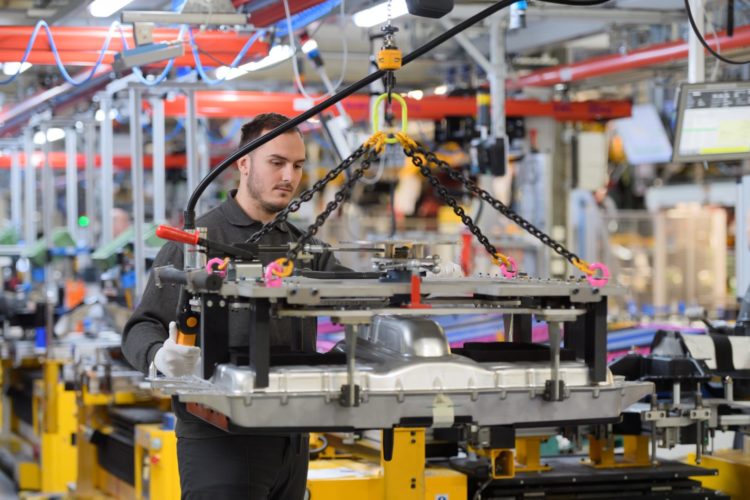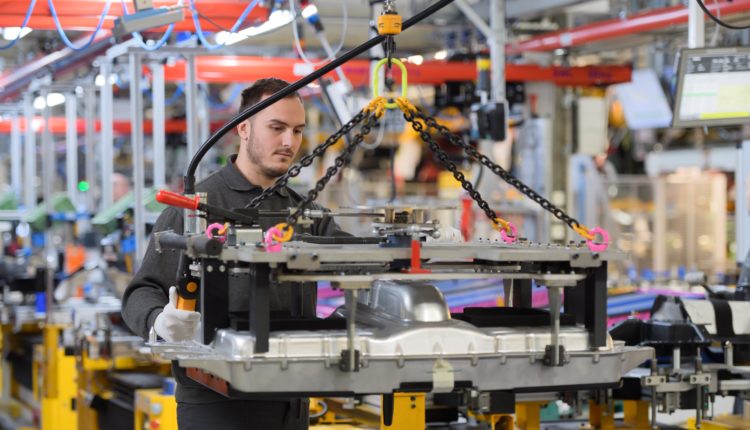Carmaker Jaguar Land Rover says revenues and profits are down year-on-year as it continues to grapple with the global shortage of semiconductor chips. Tony McDonough reports

Revenues and profits at carmaker Jaguar Land Rover (JLR) fell in the final three months of 2021 as the company continues to be constrained by the global shortage of semiconductor chips.
In mid-January JLR, which employs around 3,700 people at Halewood in Merseyside assembling the Land Rover Discovery Sport and Range Rover Evoque models, said demand for its products was at a record high.
However, throughout 2021 production and supply was disrupted by the shortage of computer chips, which has caused problems across the automotive sector. Modern vehicles are heavily dependent on electronics and the chip shortage has seen production shutdowns at factories including Halewood.
In the three months to December 31, 2021, the third quarter of its fiscal year, JLR said revenues came in at £4.7bn, 22% up on the second quarter, but down from £6bn in the same quarter of 2020. Earnings before interest and tax (EBIT), a measure of profitability, was £164m, compared to £374m a year earlier.
However, the company said its order book hit a new record of around 155,000 units, up by 30,000 units, reflecting strong demand for the new Range Rover. Its Refocus transformation programme has delivered £1bn of savings in the current fiscal year and that figure is expected to hit 1.4bn for the full year – ahead of a £1bn target.
At the end of 2021 JLR, owned by India’s Tata Motors, said its liquidity stood at £6.5bn, which includes £4.5bn of cash. It also includes a £2bn undrawn revolving credit facility, after a new £625m amortising five-year loan 80% guaranteed by UK Export Finance and syndicated to 12 banks.
Adrian Mardell, Jaguar Land Rover’s chief financial officer, said: “It was encouraging to see a positive EBIT margin and cashflow, despite chip supply constraining wholesales to 69,000 units in the quarter.
“It demonstrates the progress we’ve made in reducing the breakeven point in the business through mix optimisation and cost efficiencies so we will be well placed as supply and sales volumes improve.”
JLR says semiconductor supply improved “somewhat” during the third quarter primarily reflecting recovery from specific situations in the second quarter, such as COVID outbreaks in South East Asia as well as proactive engagement by the company.
The semiconductor shortage is expected to continue through 2022 but is expected to gradually improve as capacity within the supply base increases, while the company is also engaging with first-tier suppliers and directly with the chip manufacturers to secure supply longer-term.
Thierry Bolloré, JLR’s chief executive, added: “Whilst semiconductor supplies have continued to constrain sales this quarter, we continue to see very strong demand for our products underlining the desirability of our vehicles.
“The global order book is at record levels. We continue to execute our Reimagine strategy to realise the full potential of the business and create the next generation of the most desirable luxury vehicles for the most discerning of customers.”

